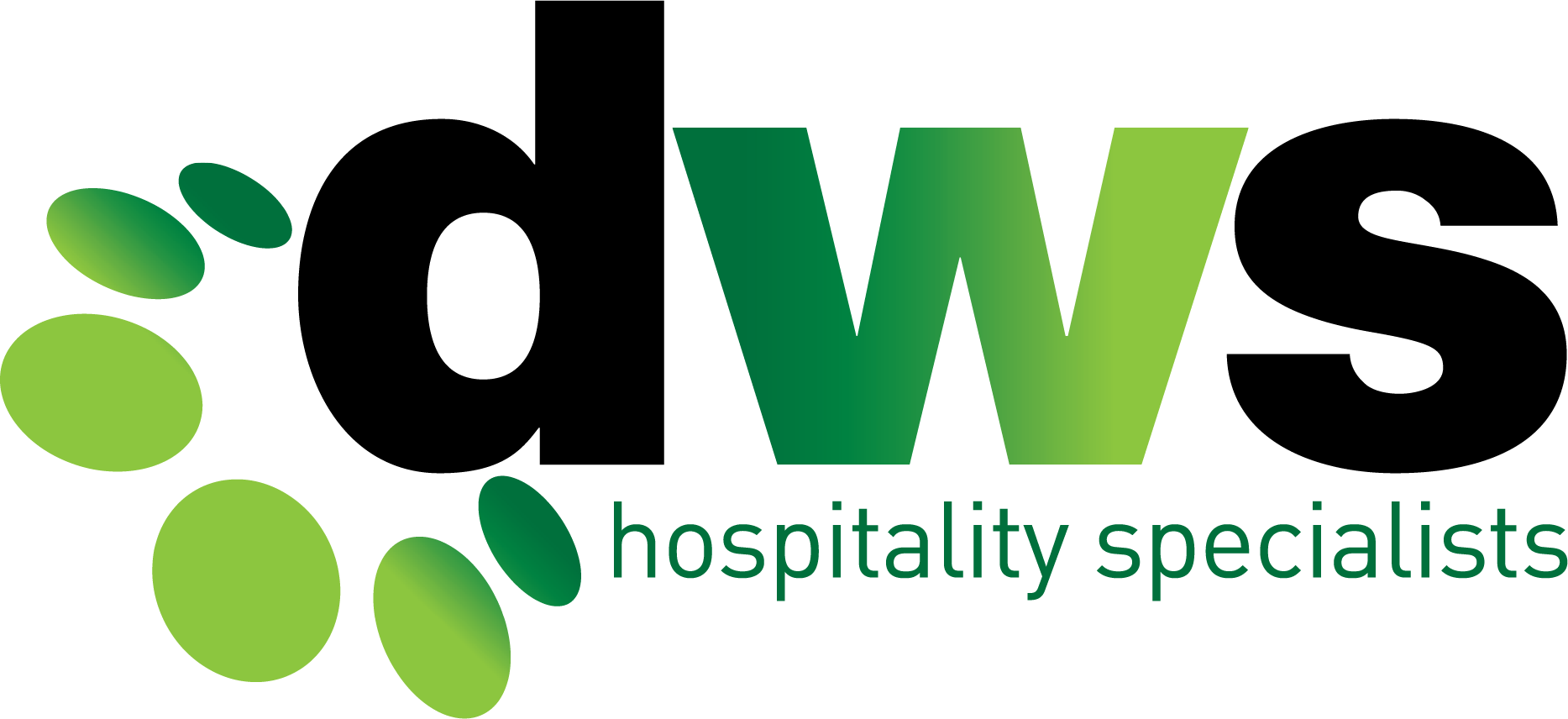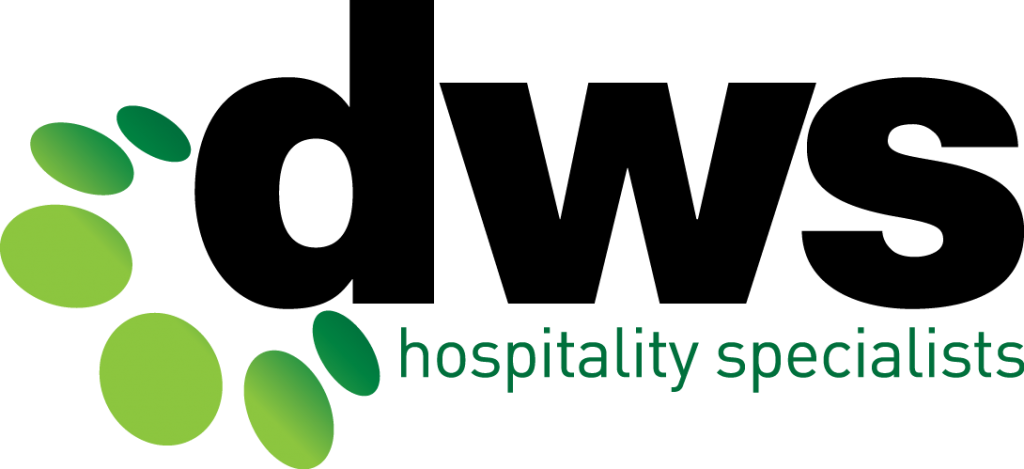From 1 July, Queensland has toughened the status of its codes of practice, meaning that business is now required to comply with the codes applicable to them or to an equivalent or higher standard.
FYI – A code of practice provides practical guidance for people who have work health and safety duties. These codes give guidance on how to achieve the standards required under the Act and effective ways to identify and manage risks.
The codes applicable to the industry must be followed by employers, or they risk enforcement action being taken by the safety regulator. Safety Inspectors are able to issue improvement notices where requirements of the codes are being breached, not just for breaches of the Work Health and Safety Act or Regulation. The codes have been reviewed to ensure they are consistent with legislative and technical requirements.
So what does this mean for the hospitality industry?
You need to be aware of and comply with all applicable codes in Queensland. A list is below. However, a code doesn’t necessarily deal with every hazard and risk – a risk assessment MUST be done to make sure all hazards are reasonably identified and controlled in your workplace.
The applicable codes are:
- Cash in Transit
- Children and Young Workers
- Electrical safety – managing electrical risks in the workplace
- First aid in the workplace
- Hazardous manual tasks
- How to manage work health and safety risks
- Managing risks of hazardous chemicals in the workplace
- Managing risks of plant in the workplace
- Managing the work environment and facilities
- Work health and safety consultation, co-operation and co-ordination
It’s a fair list, right? For help with all codes, and how to comply give the Safety and Compliance team a call today to organise a comprehensive risk assessment for your business. We can also train your staff to be able to implement and maintain the risk controls necessary to comply with the codes. Protect yourself today!



